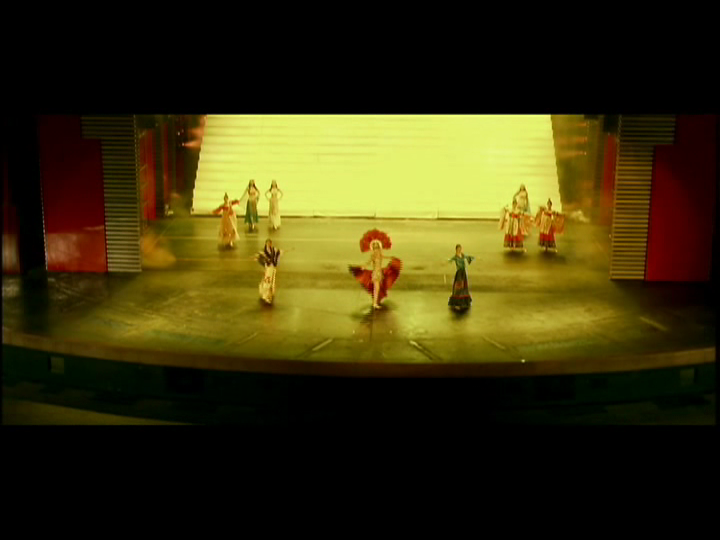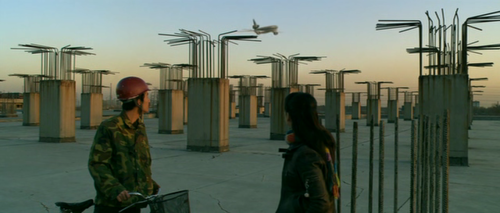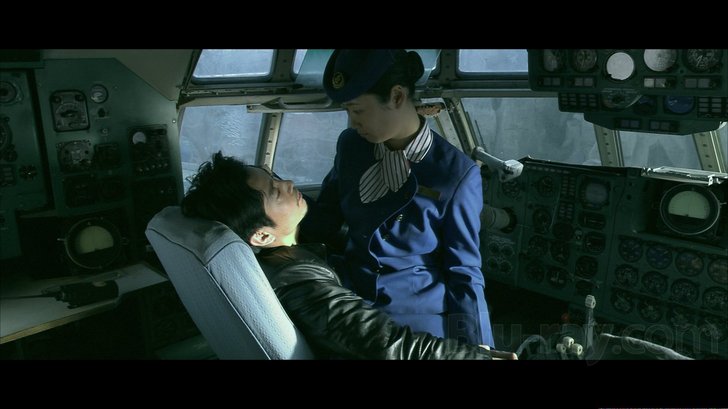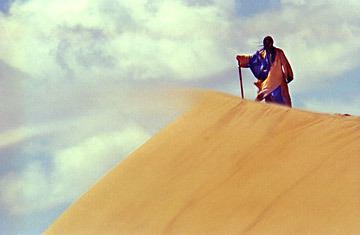This was commissioned by and written for the Rotterdam International Film Festival — specifically for a booklet of essays entitled Grandeur Locale that they published in late January 1992. — J.R.


1. “We acknowledge with gratitude and admiration the spirit of cooperation of the 25,000 citizens of Phenix City, Alabama,” reads a title after the credits of Phil Karlson’s remarkable film noir, THE PHENIX CITY STORY (1955), shot on location less than a year after the events it describes took place. “…To the Mayors and the City Commissioners, the Chiefs of Police, and the many thousand citizens of Columbus, Georgia, and Phenix City, Alabama, who contributed immeasurably to the making of this picture…our sincerest thanks.” For once, the standard courtesy of such an acknowledgement becomes the literal truth. In many prints of the film, we meet four of the local, real-life participants in the story we’re about to see even before the credits come on. The singular accents and speech patterns of these people are literally the sound of my own childhood: I was thirteen years old and had lived all my life in Alabama when the film was released, and to see the film in 1955 was to experience some of the truth of my home state on the screen for the very first time. Read more
From the Chicago Reader (July 29, 2005). — J.R.


Suggesting at different moments a backstage musical, a failed love story, a surreal comedy, and even a cartoon fantasy, this beautiful, corrosive, visionary masterpiece by Jia Zhang-ke (2004) is a frighteningly persuasive account of the current state of the planet. Set in an eerie Beijing theme park — a kind of Chinese Las Vegas, with scaled-down duplicates of the most famous global landmarks — it follows a bunch of workers as they labor, carouse, couple, and uncouple, but it’s really about propping up extravagant illusions through alienated labor. Jia, only 35, is the most talented director, and one of the most respected, in mainland China — though this film is his first to get an official release there. In Mandarin and Shanxi dialect with subtitles. 139 min. (I will introduce the 4:20 PM Saturday screening and lead a discussion afterward.) . Music Box

 Read more
Read more
From the Chicago Reader (March 10, 1995). — J.R.

Ashes of Time
Rating *** A must see
Directed and written by Wong Kar-wai
With Leslie Cheung, Tony Leung Kar-fai, Brigitte Lin Ching-hsia,Tony Leung Chiu-wai, Maggie Cheung, Jacky Cheung, and Karina Lau.
There’s no question that Chinese cinema is in a state of upheaval. On the mainland the government’s film bureau has introduced new legislation that would discourage foreign financing of local production, and it’s blacklisted many of the best (and best-known) independent filmmakers and video artists, including Tian Zhuangzhuang (The Blue Kite), Zhang Yimou (To Live), and Zhang Yuan (Mama). Meanwhile the market for Chinese movies in both Taiwan and Hong Kong has taken a nosedive. Last summer, for the first time in Hong Kong in three decades, Hollywood movies outgrossed locally made movies (with Speed and The Flintstones leading the pack). And according to Asian film specialist Tony Rayns, most of the best Taiwanese directors are seeking new sources of financing and exploring foreign markets now that their local audiences are drifting away. Even the most publicized romance in the Chinese film world, the one between director Zhang Yimou and star Gong Li, is on the rocks. Read more







